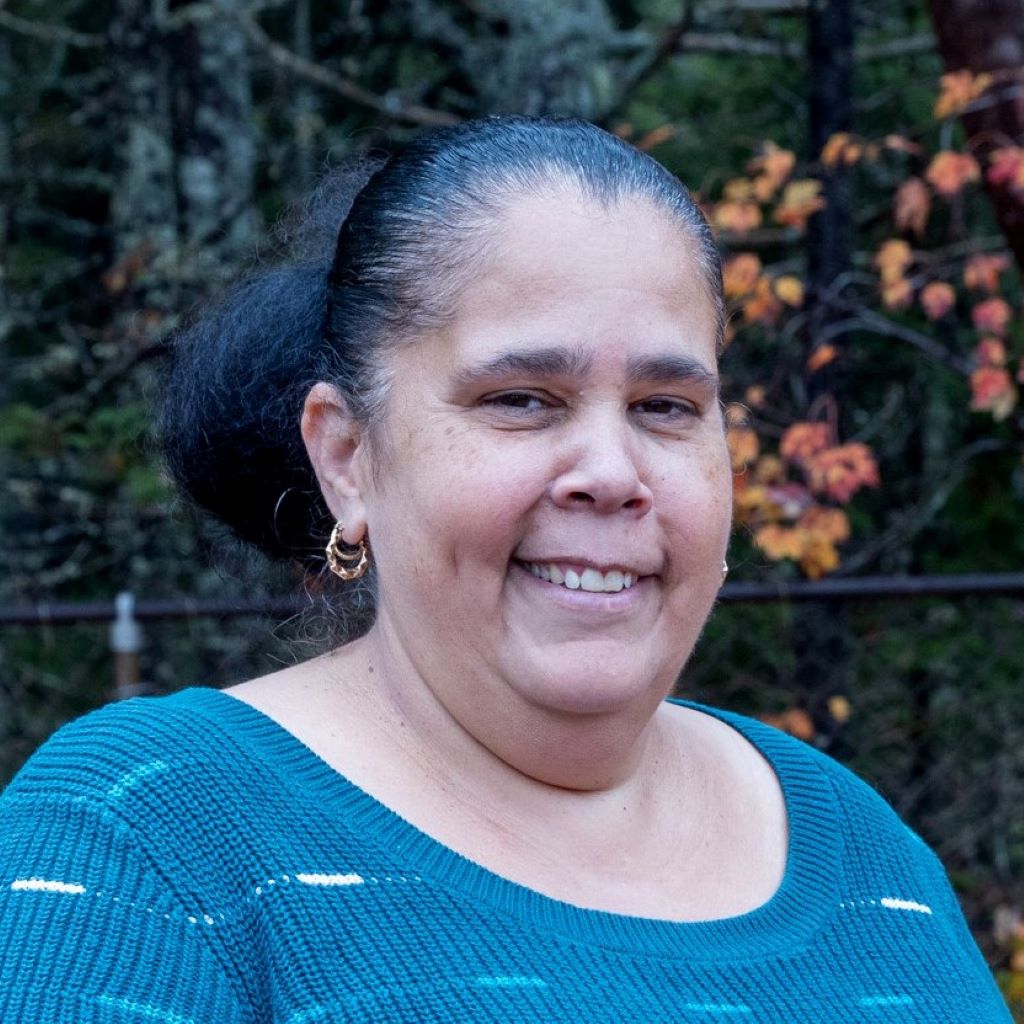Culturally Responsive Practice in Nova Scotia’s Early Learning and Child Care Settings
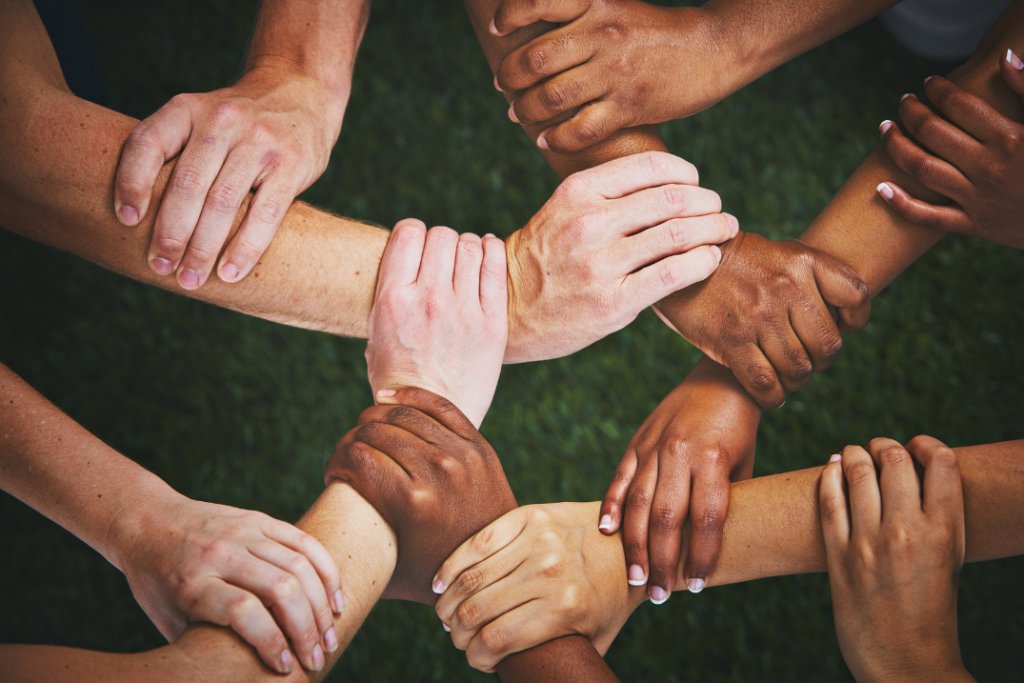
Culturally Responsive Practice in Nova Scotia’s Early Learning and Child Care Settings is a 12-hour module developed in response to the ongoing enhancements to Nova Scotia’s Early Learning Curriculum Framework (NSELCF). Three (3) sub-modules have been designed to create a safe and ethical space for examining the nature of biases, prejudice, and assumptions. The modules unpack privilege and encourage participants to reflect on the historical and systemic roots of discrimination and racism. The modules reflect on the lived experiences of people who face these challenges in Nova Scotia. Each module is accompanied by home learning that will continue the conversations between modules.
Through a reflective approach, participants will become deeply aware of their own identities and the identities of the children, families, and communities they serve.
DISCLAIMER: The modules have been developed for synchronous learning. Participants are required to move through each of the modules in sequence, and with the same cohort. The inability to commit will result in a “restart” of the entire training. The objective of the modules is to demonstrate cultural responsiveness, thus, participants must demonstrate this understanding throughout. To do so, participants scheduled for online learning must work from an operational computer, with a working mic and camera.
You must agree to the pre-registration agreements before signing up for the sessions.
- I agree to participate from an operational computer with a working mic and camera.
- I agree all information is confidential and will not be shared outside my group discussions or cohort of participants
- I agree to commit to the entire 12-hour schedule to receive credit.
- I agree to conduct myself in a professional manner and be respectful of other people’s perspectives, opinions, and ideas.
- I agree that I will show up fully committed and engaged in the work.
REGISTER HERE
Module 1: Laying Face and Foundation
Module Objectives:
• Understand who the Mi’kmaq are
• Understand who the Acadians are
• Understand who the Gaels are
• Understand who the African Nova Scotians are
• Explore and contextualize our understanding of culture
• Explore and contextualize our understanding of intersectionality
• Explore and articulate the intersections of race, nationality, gender, and sexuality
Module 1 provides space for the four (4) historical cultures of Nova Scotia to share themselves in a meaningful way. Participants will better understand the four (4) historical cultures, languages, and beliefs. Participants will explore and contextualize specific intersections and how they relate to culture and themselves.
Module 2: Faces of Discrimination
▪ Explore and contextualize our own privileges, biases, and opinions
▪ Explore and contextualize discrimination
▪ Explore and contextualize racism
▪ Explore and contextualize systemic racism
▪ Explore the Indian Act, Residential Schools, Africville, Racialized Policing, “All lives Matter” and, Social Determinants of Health
▪ Explore and contextualize micro-aggression
Module 2 requires participants to explore and contextualize their own privileges, biases, and opinions. Participants will explore how these interrelate with discrimination, racism, and moreover, systemic racism. Participants will specifically explore contemporary racism in Nova Scotia.
Module 3: Faces of Reconciliation
▪ Explore and contextualize reconciliation
▪ Explore Truth and Reconciliation
▪ Explore and review Education Calls to Action
▪ Explore Black Lives Matter
▪ Explore and review United Nations Rights of the Child
▪ Explore Educator’s role in the classroom
▪ Explore 7 Sacred Teachings as a tool
▪ Explore racism from birth onward
▪ Explore Nova Scotia’s Early Learning Curriculum Framework
▪ Explore and articulate culturally responsive practice
▪ Explore and contextualize Allyship
Module 3 provides space to explore the different types of reconciliation while acknowledging the need to act now. Participants explore their own roles in this work; specifically exploring cultural responsiveness as it relates to Early Learning and Child Care Settings and moreover the Early Learning Curriculum Framework.
REGISTER HERE
A facilitating team will have two community members or a community member paired up with an ally to ensure there is always someone to speak from the first voice and lived experiences. Scheduling depends on facilitators' availability.
Meet Your Training Facilitators
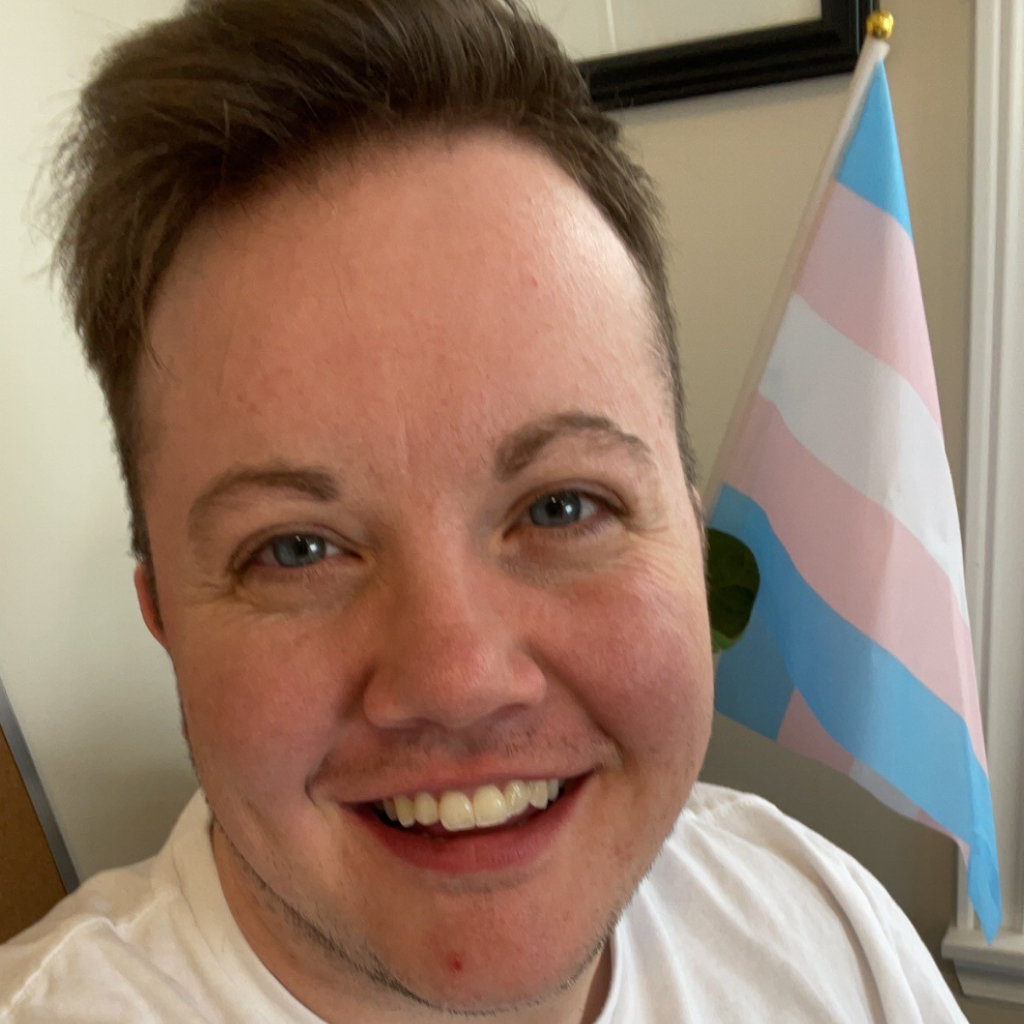
Adam Braye
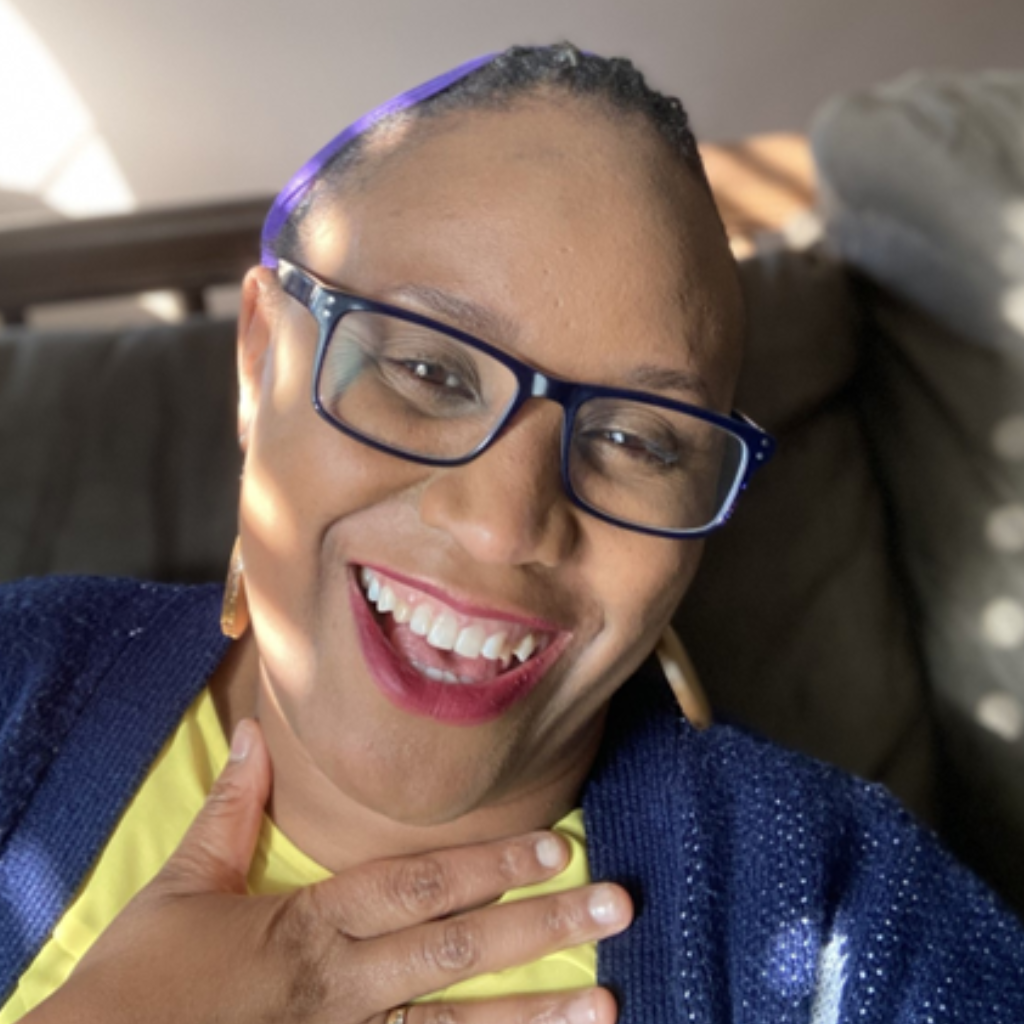
Anne Briscombe
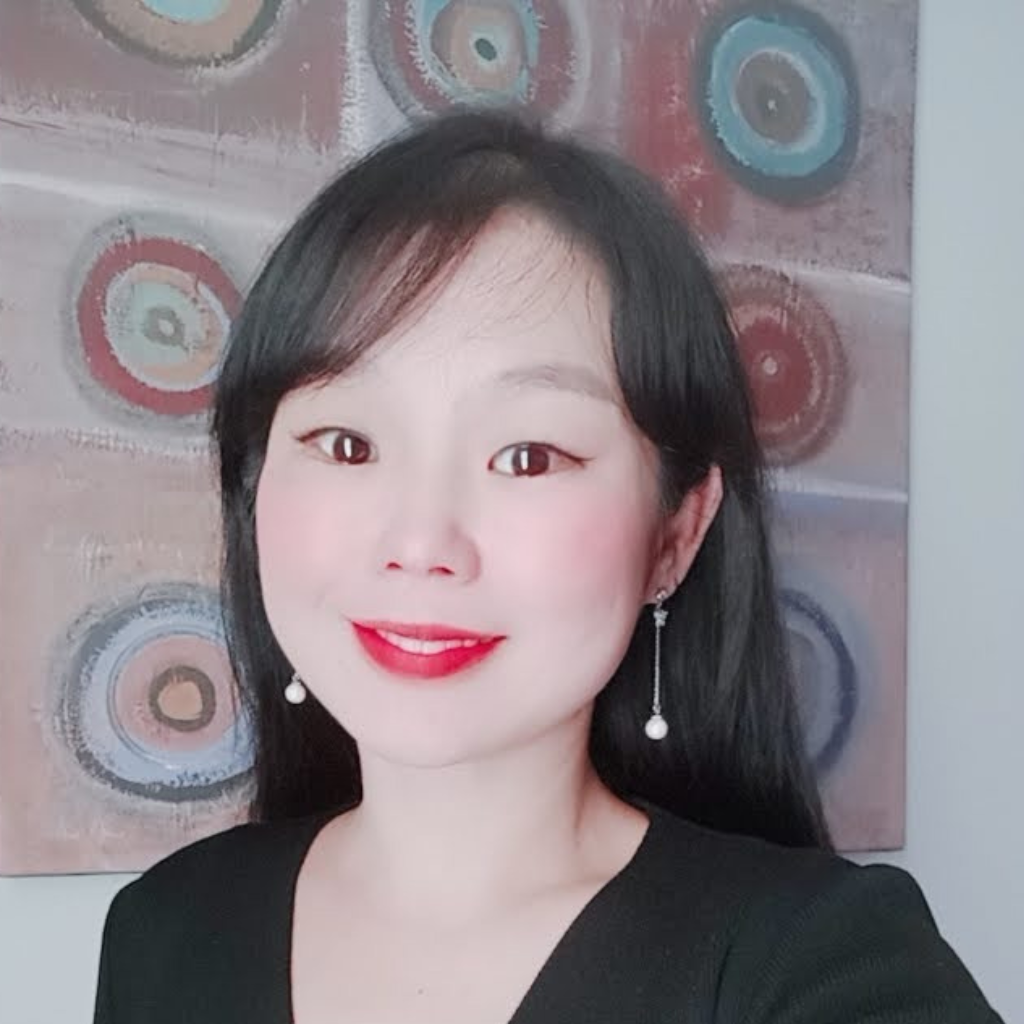
Aram Kim
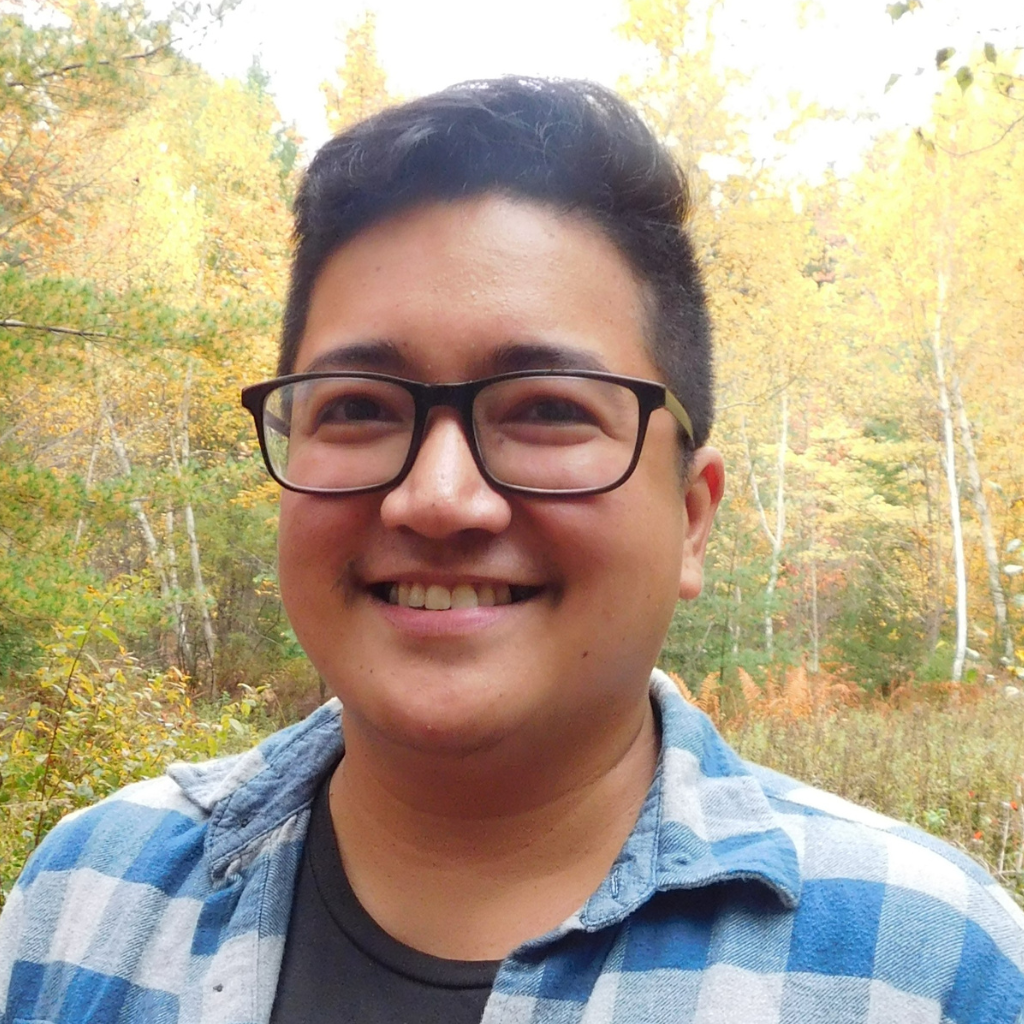
B de Guzman
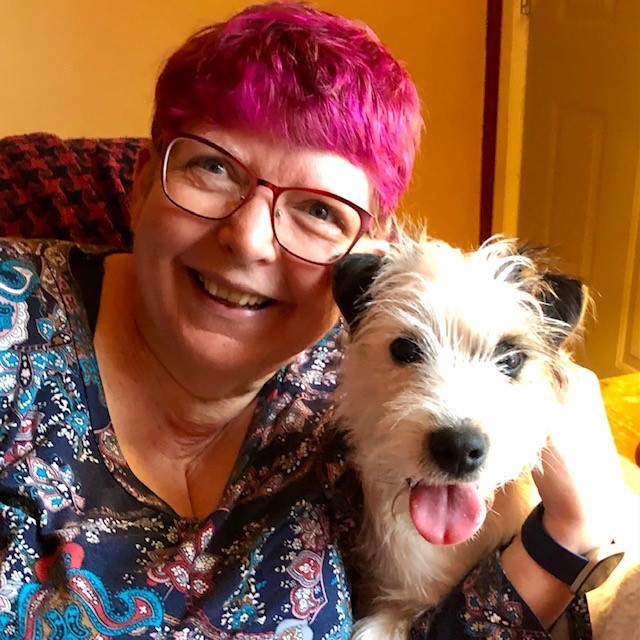
Carrie Melsom
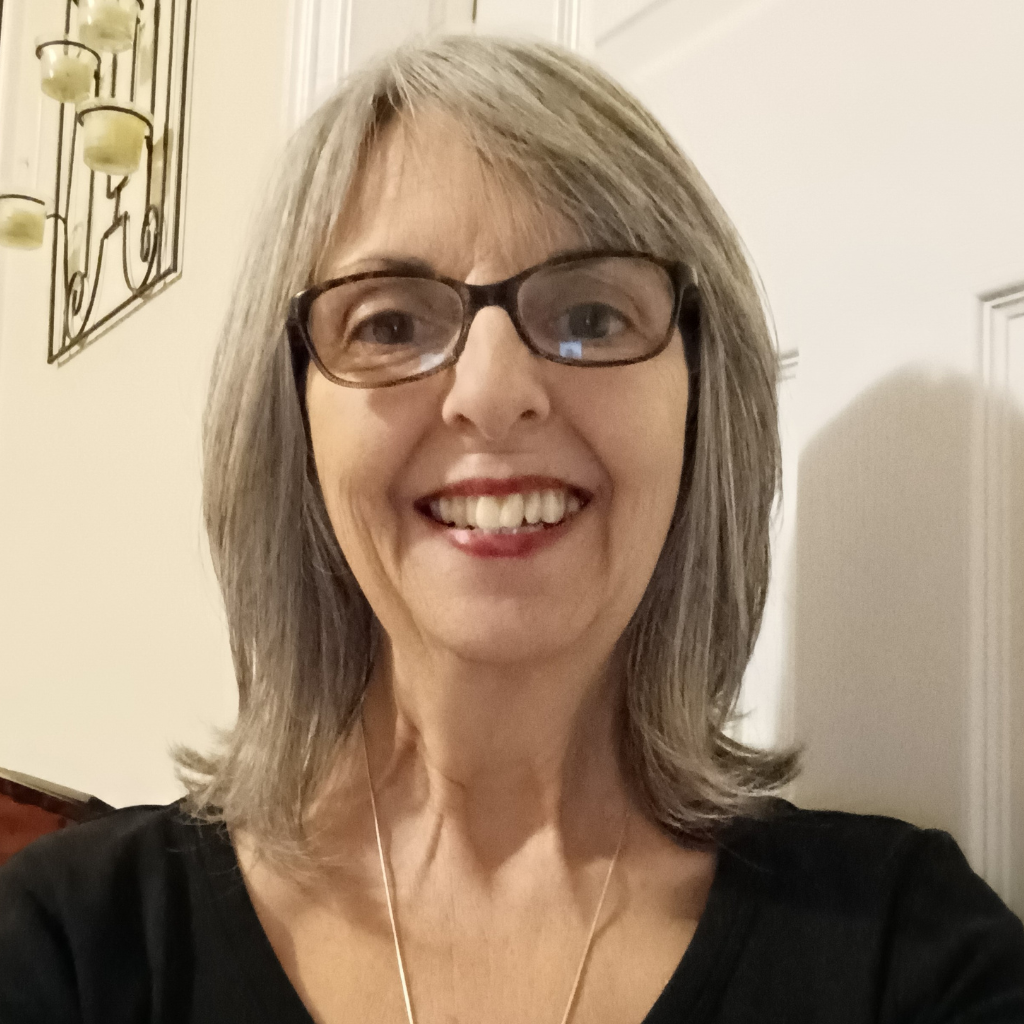
Jane MacKenzie
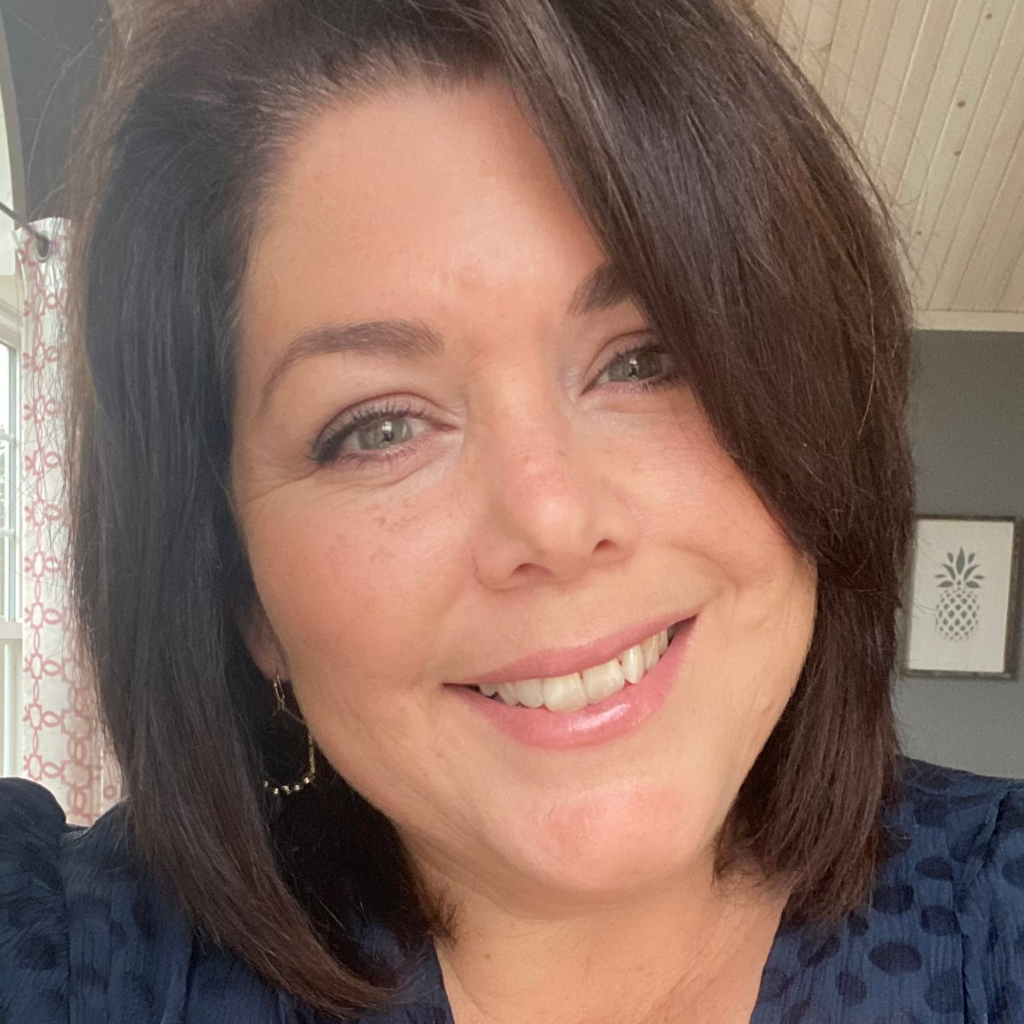
Jessica DeMille
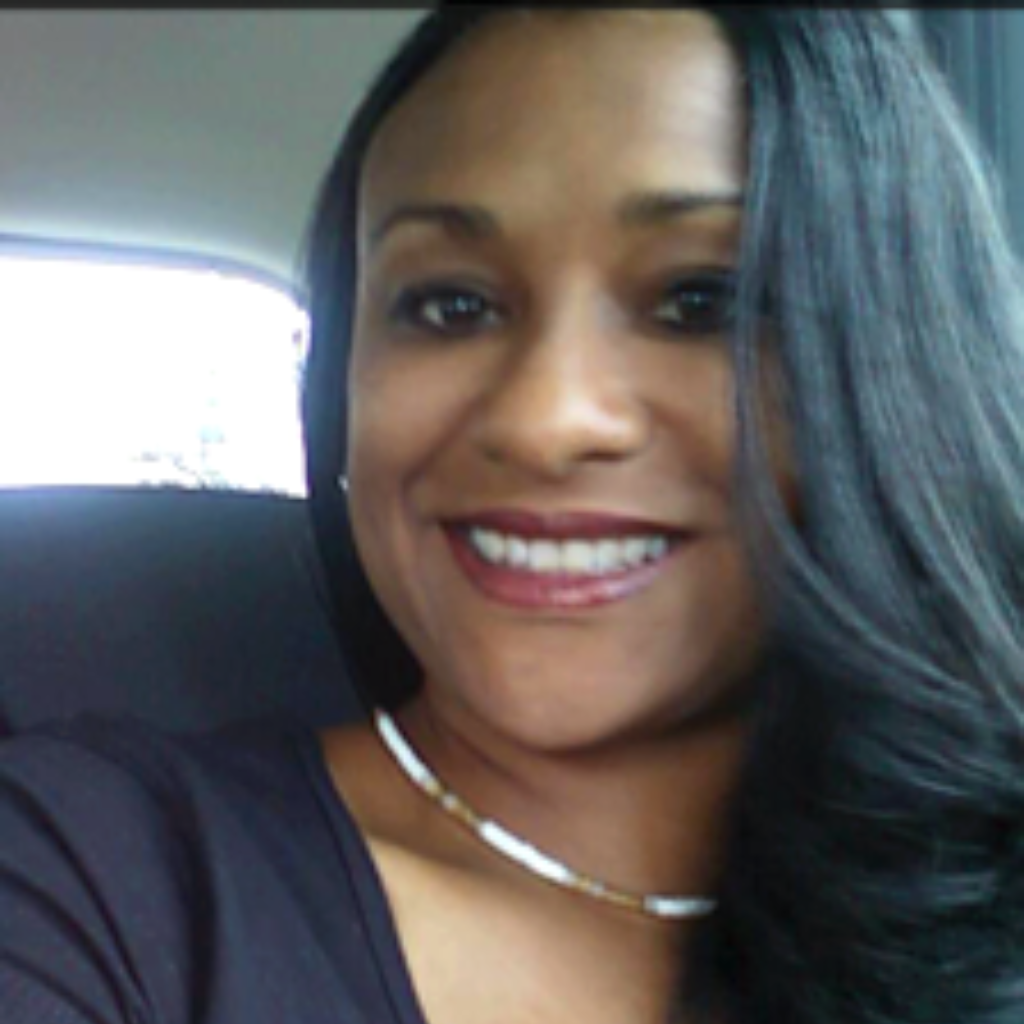
Kerri Johnson
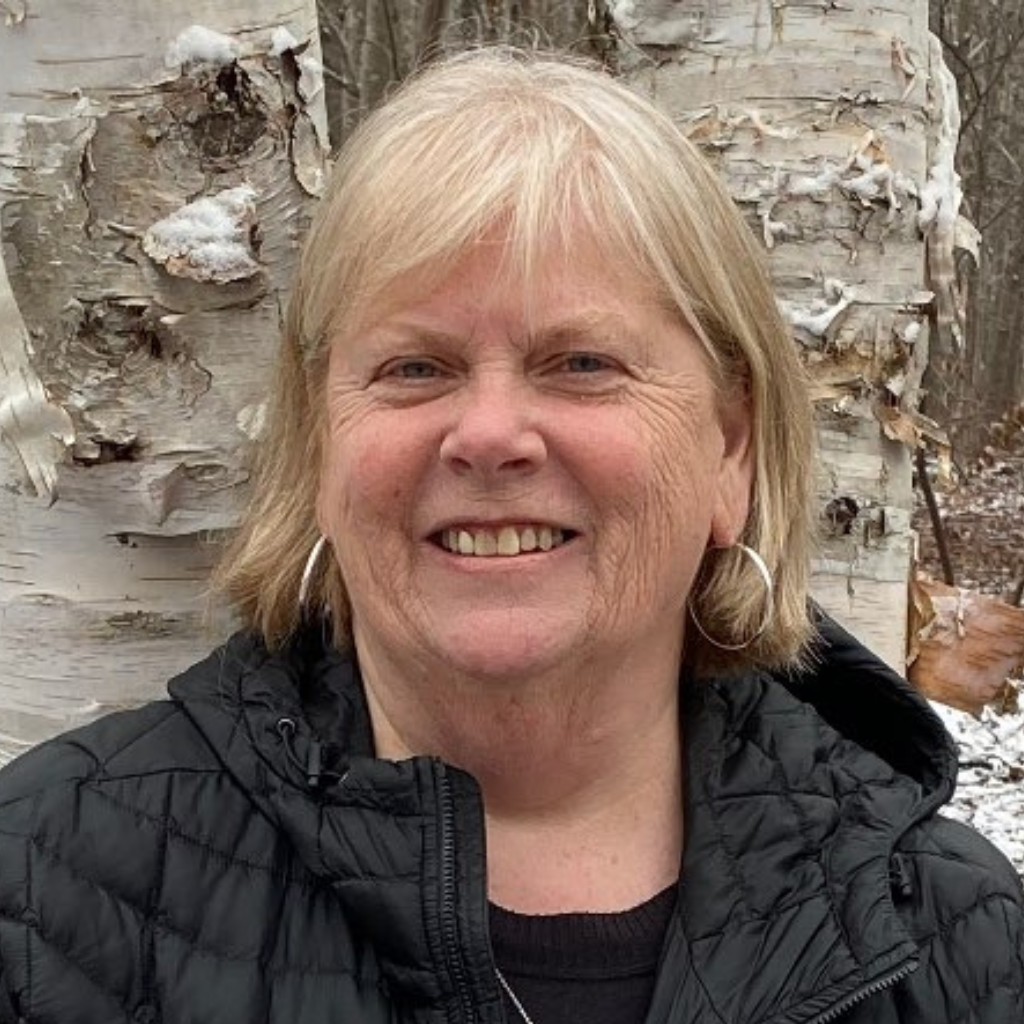
Lea Anne Joudrie
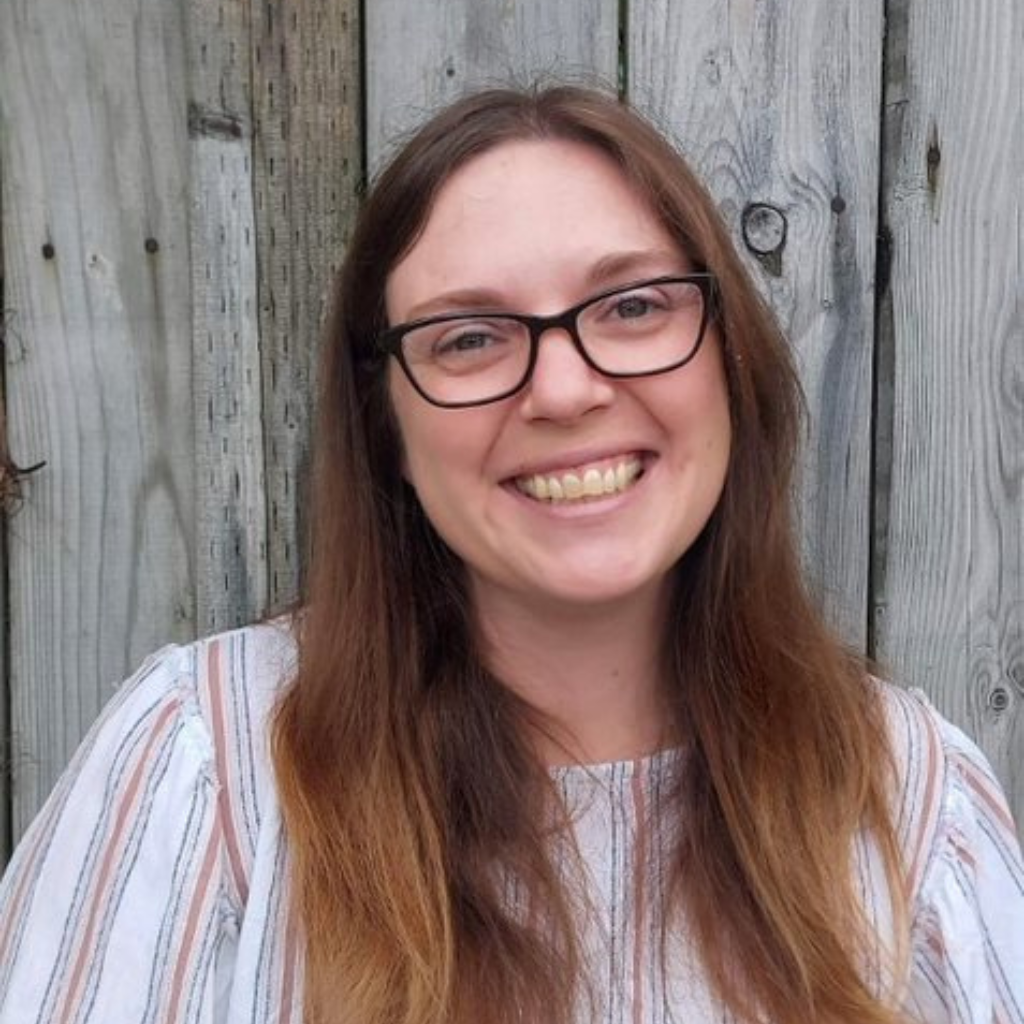
Lisa MacIntyre
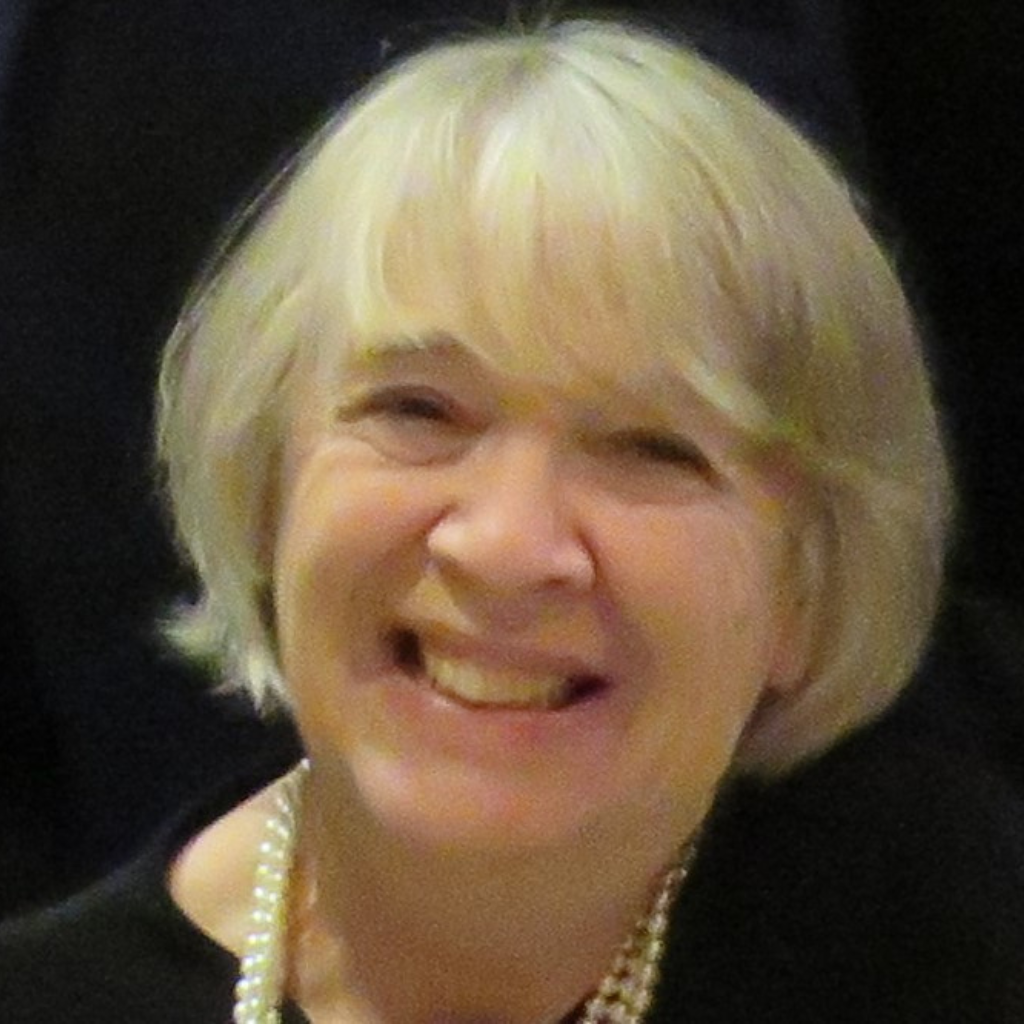
Liz Hicks
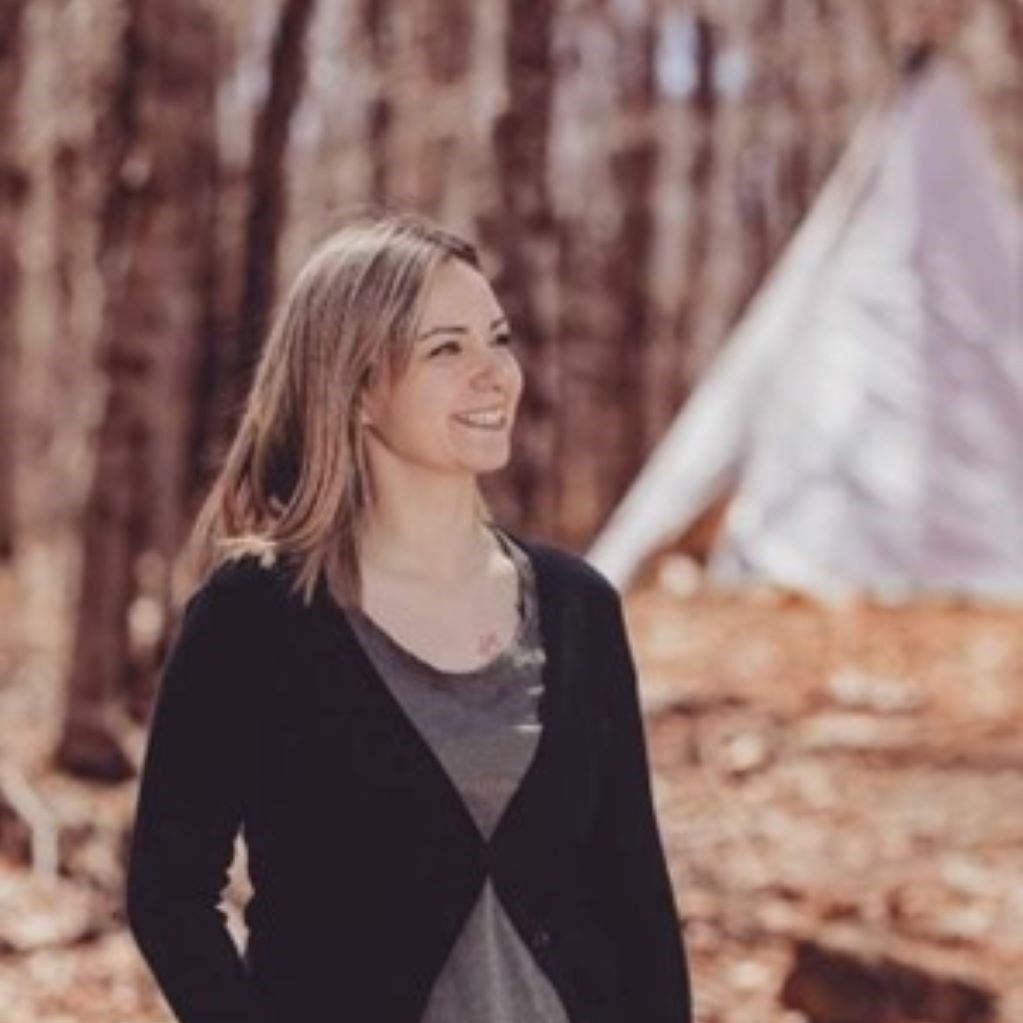
Megan Longmire
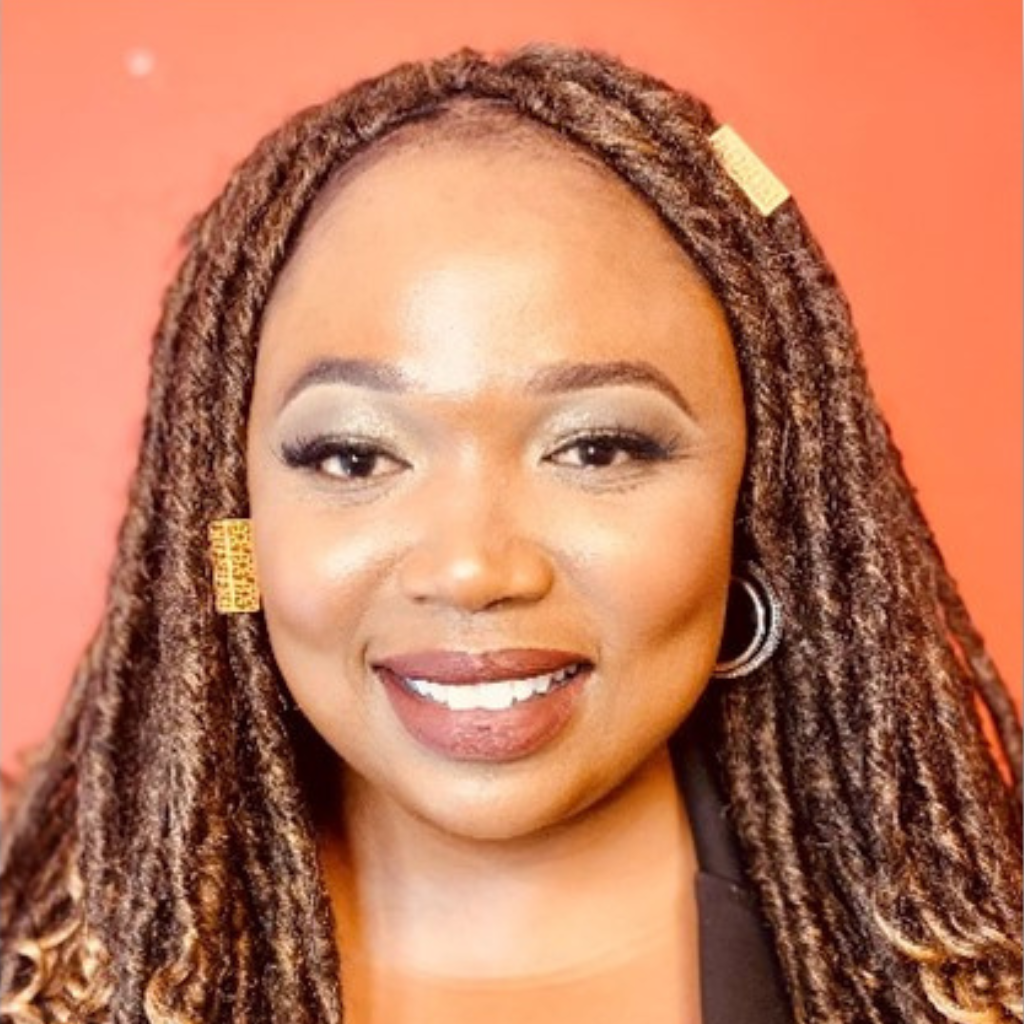
Moashella Shortte
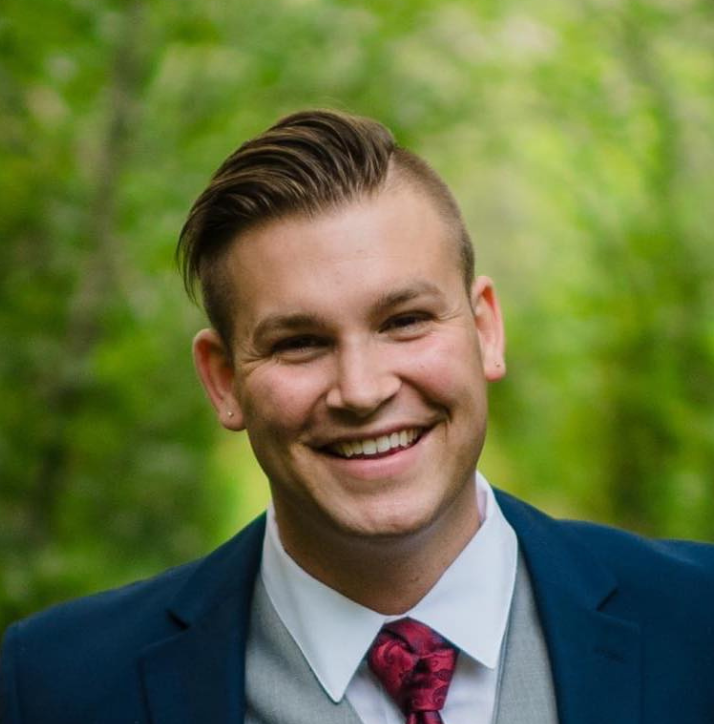
Nik Philips
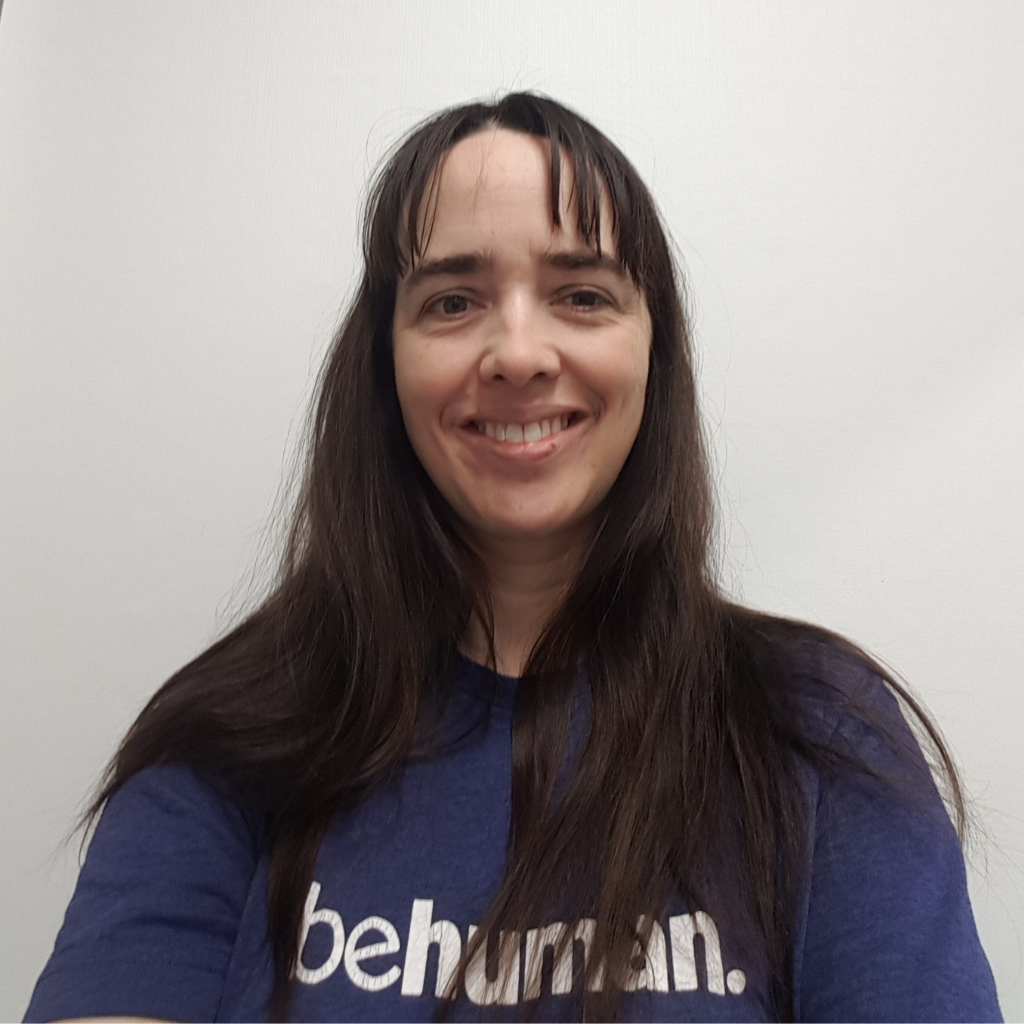
Sarah Brown

Sieun Palmer

Sylvia Parris-Drummond
